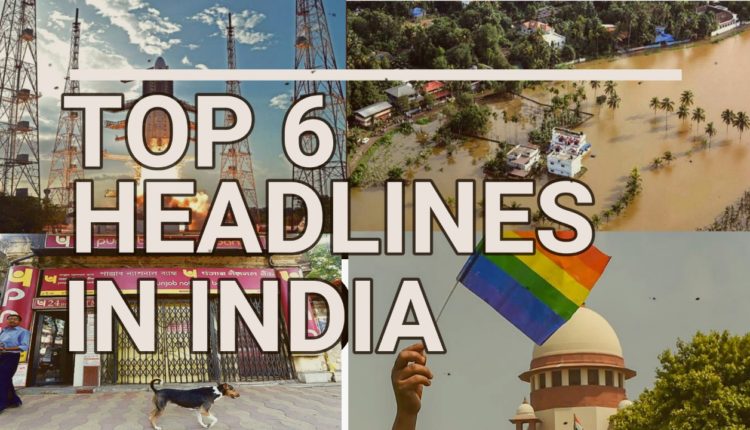6 News About India Which Made Headlines Worldwide
Yetnesh Dubey
Greater Noida (31/12/18) : India underwent a lot of changes in 2018. A lot of great things that happened this year and there were also some sour instances which would keep the year itched in our memories.
At the end of this year, let’s look back at all the major news in the country that made headlines, not just in India but all around the world.
1: ISRO launched a record-breaking number of satellites. 
On 12 January 2018, the Indian Space Research Organisation launched a total of 31 satellites in space. The staggering number of satellites were launched with the help of Polar Satellite Launch Vehicle. On the very next day, ISRO also celebrated its 100th satellite launch by placing Cartosat-2 in space.
2: India Abolished Section 377. 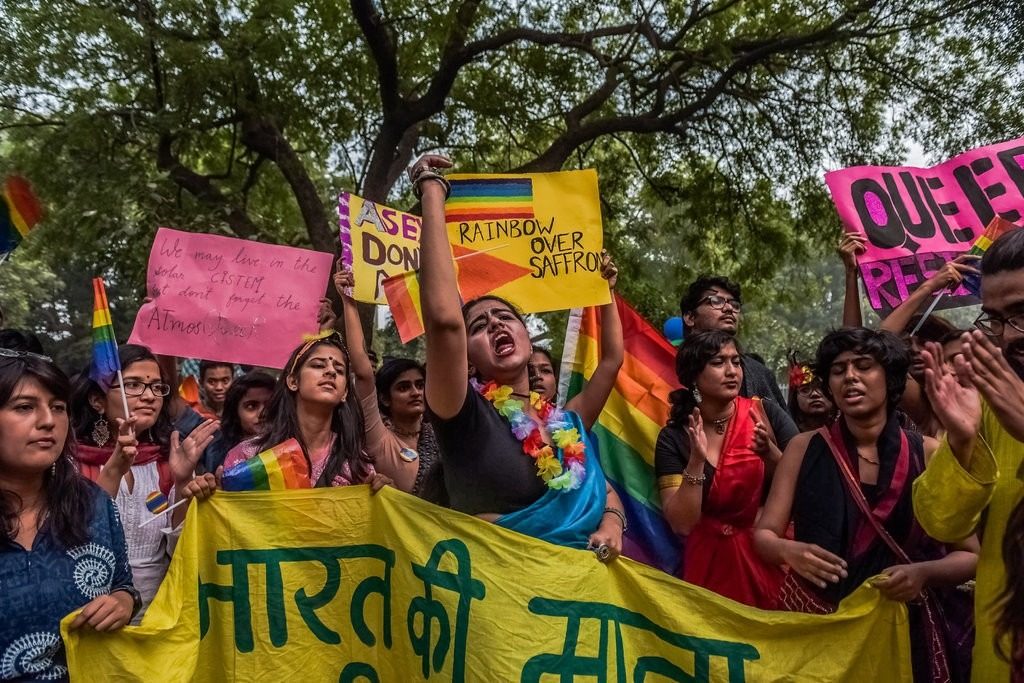
In perhaps one of the most progressive judgement, the Supreme Court of India struck down the section 377 and removed the ban of homosexuality in India. A petition against the ban on gay sex was submitted by 5 people, namely Navtej Singh Johar, Sunil Mehra, Ritu Dalmia, Aman Nath, and Ayesha Kapur. While lifting the ban on homosexuality, CJI Dipak Misra famously said: “Take me as I am”. Thus ending 158 years of oppression against the LGBT community.
3: Heavy Floods Struck Kerala. 
The southern state was devastated by natural calamities in 2018. The damage to the state of Kerala was unprecedented. According to the state’s chief minister, PInarayi Vijayan, at the height of the flood, more than 14.50 lakh people took shelter in 3000 relief camps. Almost 57,000 hectares of agriculture land was destroyed and a total of 483 people lost their lives. However, support from all over the world came in to help the state rebuild itself.
4: Nirav Modi Scam rocks banking sector. 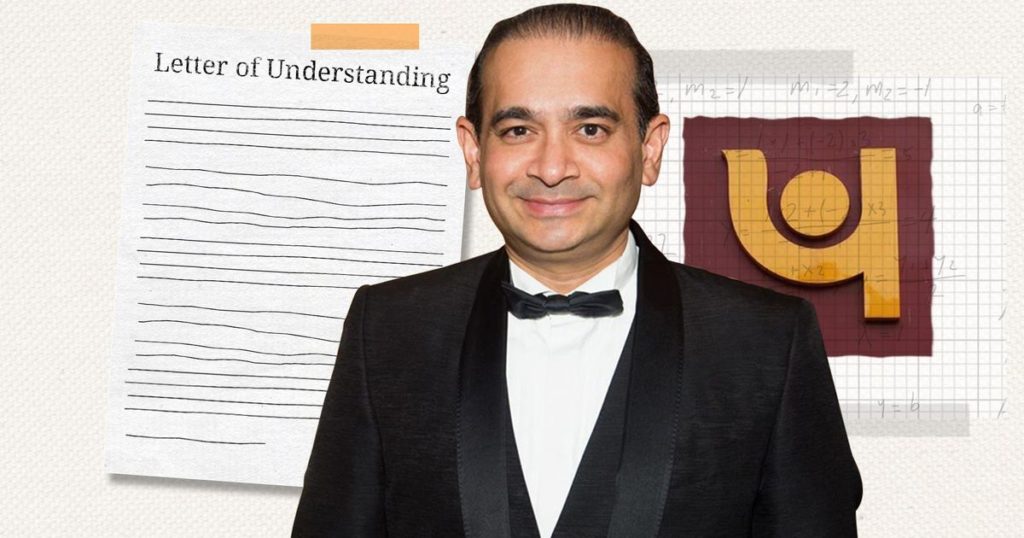
The Wharton-dropout and Jeweller duped the Punjab National Bank of Rs 11,300 crores. The scam is one of the biggest banking-related fraud in the history of India. Nirav Modi misleads the PNB by deceitfully acquiring letters of undertaking for overseas credit from one of the bank’s branch. After the detecting the scam the government took away his assets which only amounted to Rs 1,300 crore. Nirav Modi is still living outside of India and refuses to come back due to the fear of being ‘lynched’.
5: RBI Governor Urjit Patel’s abrupt resignation. 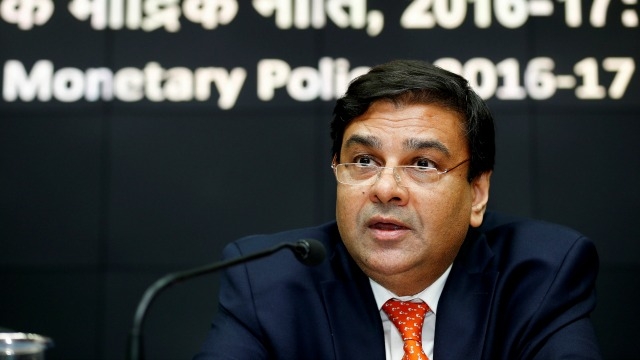
The news which ultimately was the amalgam of everything wrong that went down in the Indian economy, came on 10 December 2018, when the RBI Governor, Urijit Patel, handed in his resignation. The Rift between the government and the central bank came to light when the Deputy Governer Viral Acharya, in a no-holds-barred speech spoke against the after-effects of Government interfering in the autonomy of the RBI. The speech was also backed by his senior, Urijit Patel, so naturally, it brought in light, the tensions between the Modi-government and the RBI.
In his famous analogy, the Deputy governor summarised the entire situation. He said
“A government’s horizon of decision-making is rendered short, like the duration of a T20 match (to use a cricketing analogy), by several considerations. There are always upcoming elections of some sort – national, state, mid-term, etc.”
“In contrast, a central bank plays a Test match, trying to win each session but importantly also survive it so as to have a chance to win the next session, and so on. In particular, the central bank is not directly subject to political time pressures and the induced neglect of the future; by virtue of being nominated rather than elected, central bankers have horizons of decisionmaking that tend to be longer than that of governments, spanning election cycles or war periods”
6: Sabarimala Verdict redefines gender equality. 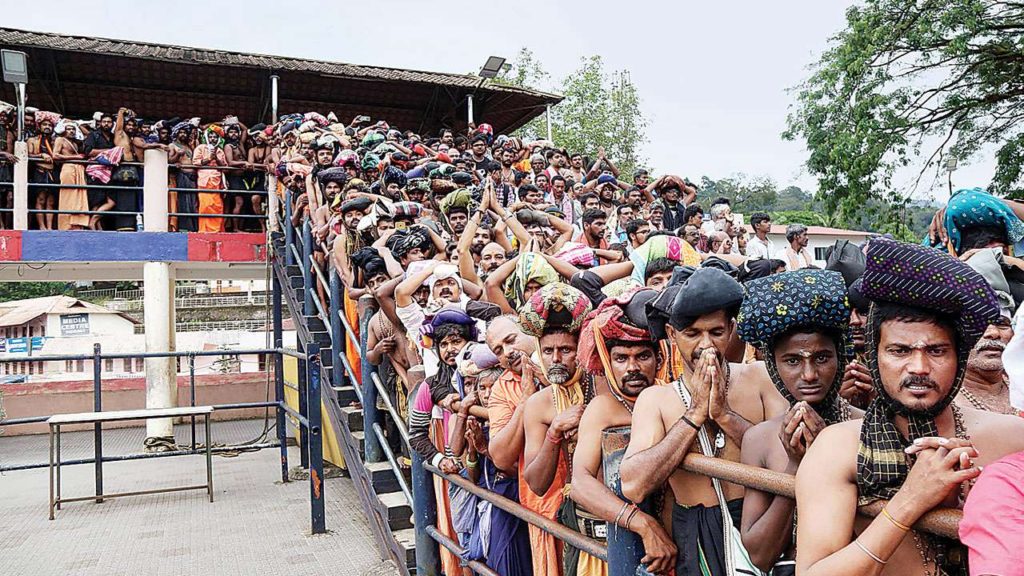
In another iconic judgement, the supreme court lifted the ban on women from entering the Sabarimala temple. The ancient practice of barring females within the menstruating age, to enter the temple was struck down by the court. In his opening line of the verdict, the CJI Dipak Misra said
“The irony that is nurtured by the society is to impose a rule, however unjustified, and proffer explanation or justification to substantiate the substratum of the said rule.”
Thus striking another misogynistic pillar down and creating a relatively more equal and just status for women in India.

